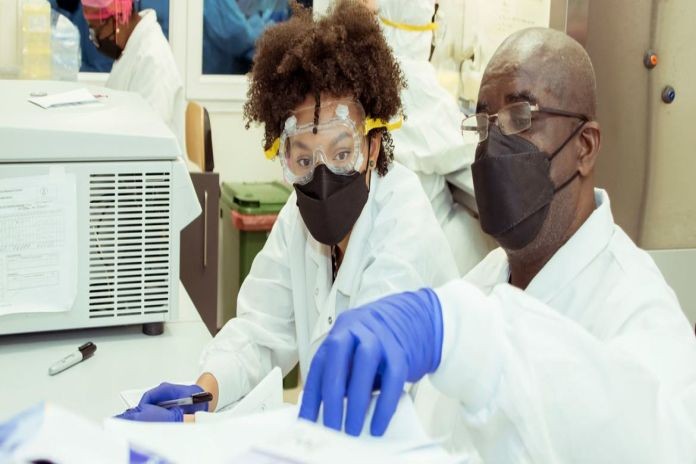GENEVA, Switzerland – The World Health Organization (WHO) deployed experts to Equatorial Guinea this week following confirmation of the first-ever outbreak of Marburg virus disease in the country.
The rare yet severe viral haemorrhagic fever is similar to Ebola and has a fatality rate of up to 88 percent.
So far, there have been nine deaths and 16 suspected cases with symptoms including fever, fatigue and blood-stained vomit and diarrhoea, WHO reported on Monday. Further investigations are ongoing.
Rapid action, expert meeting
“Marburg is highly infectious. Thanks to the rapid and decisive action by the Equatorial Guinean authorities in confirming the disease, emergency response can get to full steam quickly so that we save lives and halt the virus as soon as possible,” said Dr Matshidiso Moeti, regional director for Africa.
WHO on Tuesday convened an urgent meeting of the Marburg virus vaccine consortium (MARVAC) to discuss the outbreak.
MARVAC includes leaders in the field of vaccine research and development, working together to develop vaccines against the disease.

Samples sent to Senegal
The outbreak was confirmed following the deaths of nine people in Kie Ntem Province, located in western Equatorial Guinea. The deaths reportedly occurred between 7 January and 7 February, according to media reports.
Health authorities sent samples to the Institut Pasteur reference laboratory in Senegal, with support from WHO, to determine the cause.
Eight samples were tested, one of which turned out positive.
Emergency response underway
Advance teams have been deployed in the affected districts to trace contacts, isolate and provide medical care to people showing symptoms of the disease.
Raped emergency response efforts are also underway, and WHO has dispatched health emergency experts in epidemiology, case management, infection prevention, laboratory and risk communication.
The UN agency is also facilitating the shipment of laboratory glove tents for sample testing as well as one viral haemorrhagic fever kit that includes personal protective equipment for use by 500 health workers.

Ebola virus connection
Marburg virus is in the same virus family that causes Ebola.
It is transmitted to humans by fruit bats and spread through direct contact with the bodily fluids of infected people, surfaces and materials.
The disease was first detected in 1967 after simultaneous outbreaks in the German cities of Marburg and Frankfurt, and in Belgrade, Serbia.
Illness begins abruptly, with high fever, severe headache and severe malaise. Many patients develop severe haemorrhagic symptoms within seven days.
While there are no vaccines or antiviral treatments approved to treat the virus so far, rehydration with oral or intravenous fluids, and treatment of specific symptoms, improves chances of survival.





